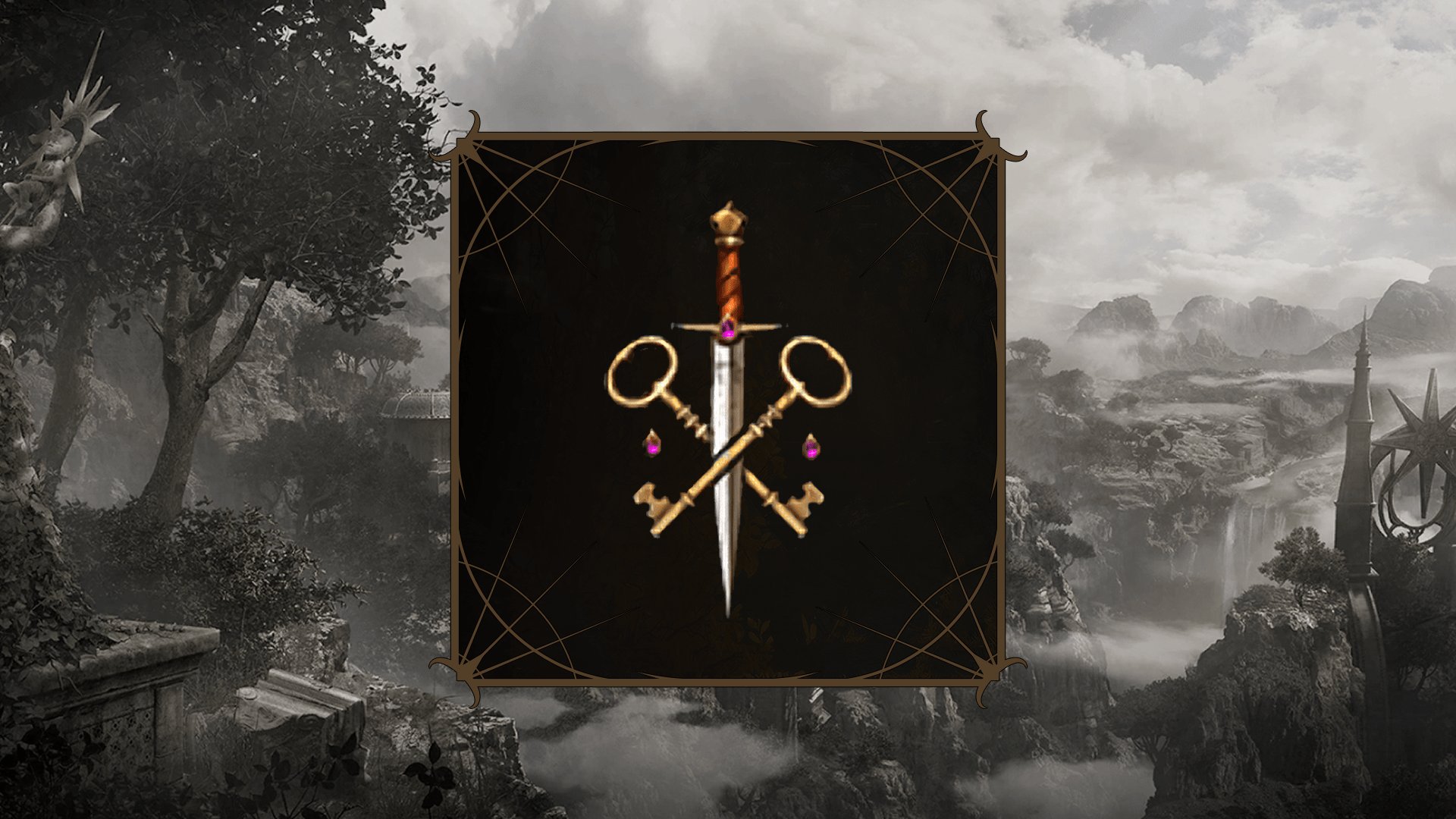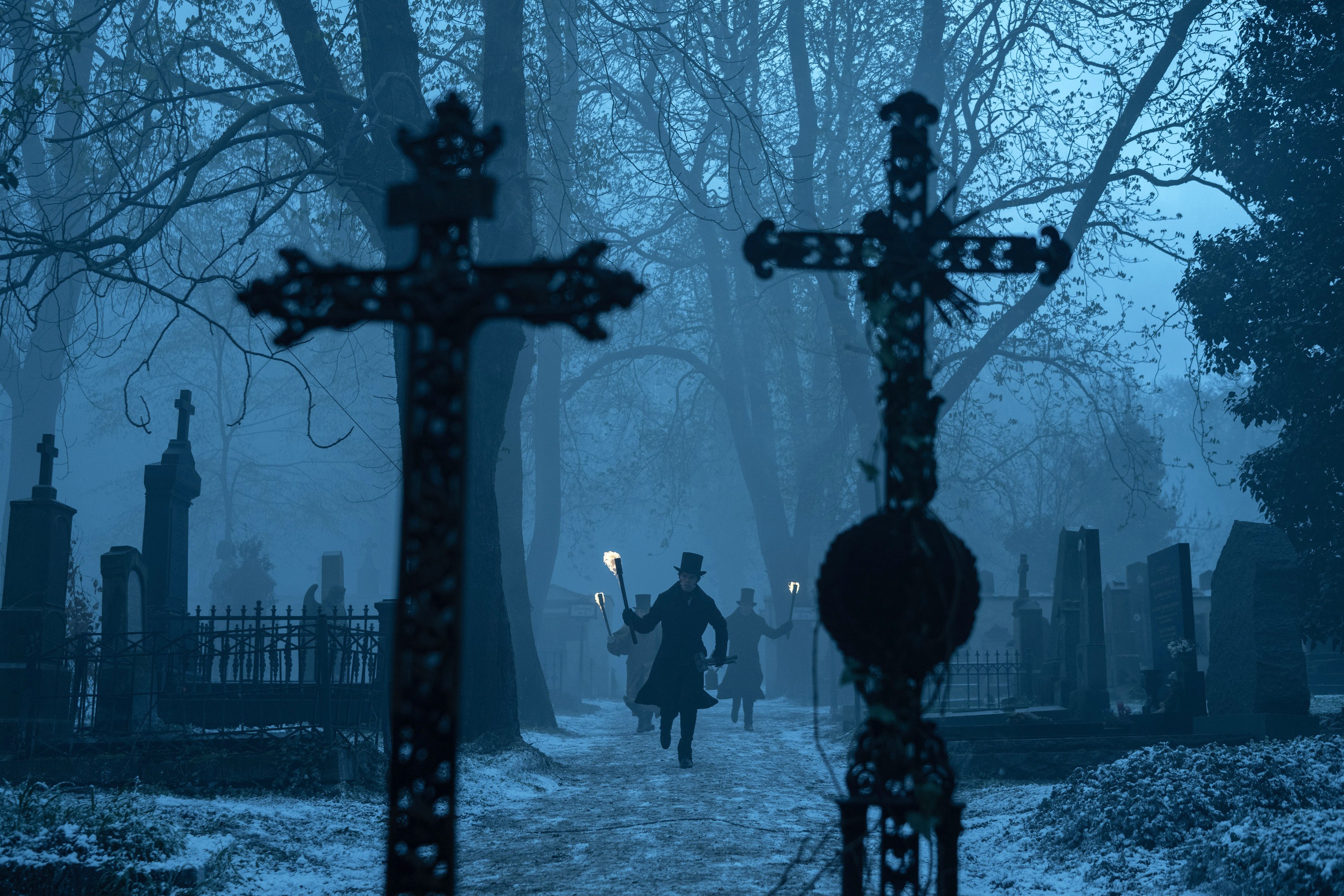
Baldurs Gate 3 has 12 classes for you to choose from when you create your character. The Rogue specializes in stealth and taking down targets from range and up-close.
Rogues are agile hunters who weave in and out of focus as they eliminate their foes. To do so, they’ll need Dexterity, which is also their primary ability score.
There’s no single best class in Baldur’s Gate 3, and the game gives you as many opportunities for creative problem solving as it does for punching. Finding the best class really just boils down to how you want to play. Even when playing solo, you’ll still manage the rest of your party, so you’ll get to experiment with multiple classes at once.
Read on to find out everything you need to know about the Rogue class in Baldur’s Gate 3, and learn all about the best Rogue subclass, feats, and build.
Update (April 15): Added details of the new subclass introduced in Patch 8, which also adds cross-play support and a photo mode.
Is Rogue the best class for you in BG3?

Rogues are just a really cool class. In head-to-head combat, they’re not going to deal as much damage as melee classes like Fighters or even caster classes like Sorcerers. But Rogues have Sneak Attack that deals extra damage whenever they have advantage on an attack. And that means if you have (or create) the opportunity, Rogues can deal a lot of damage. The trick is maneuvering yourself and your allies into positions that grant that advantage — like having allies within 5 feet, controlling the high ground, or staying hidden.
And that means Rogues need you to have some familiarity with movement rules and how advantage works before you can get the most out of the class. They might not be the best class for beginners, but they’re a great class once the rules make more sense to you.
Rogue class features
Hit Points
- Hit Dice — 1d8
- Hit Points at 1st level — 8 + your Constitution modifier
- Hit Points at higher levels — 5 + your Constitution modifier per rogue level after 1st
Actions
Rogues can perform Sneak Attacks from melee and range. Sneak Attacks will allow you to deal extra damage to a foe you have Advantage against. It’ll also work if you have an ally within 1.5m of the target and you don’t have Disadvantage.
Proficiencies
- Weapons — Simple Weapons, Hand Crossbows, Longswords, Rapiers, Shortswords
- Armor — Light Armor
- Skills — Choose four from Acrobatics, Athletics, Deception, Insight, Intimidation, Investigation, Perception, Performance, Persuasion, Sleight of Hand, and Stealth
- Saving Throws — Dexterity, Intelligence
Rogue subclasses
The Rogue has a total of four subclasses, which are unlocked at level three. Rogue subclasses follow your approach to combat and preferred techniques.
Thief
Thieves are slightly different than your typical purse-snatching criminal as they’re professional treasure seekers and delvers. They’ll use their prowess in stealth and larceny to get whatever their heart desires. As a Thief, you’ll gain two subclass features:
- Fast Hands — Gain an additional bonus action.
- Second-Story Work — You’ve mastered the art of falling and gain resistance to Falling damage.
Arcane Trickster
Arcane Tricksters use magic to improve on their ability to lurk in the shadows. They use enhancement and illusion magic to surprise their opponents. As an Arcane Trickster, you’ll gain a multitude of cantrips and spells.
Cantrips
You’ll gain Mage Hand, which will allow you to create a spectral hand that can interact with objects, and you can choose two additional cantrips from the table below.
Swashbuckler
Added in April 2025’s Patch 8, the Swashbuckler allows you to embrace your inner charismatic pirate. Make use of your Fancy Footwork and melee attack enemies to ensure they can’t make opportunity attacks against you. Also, you wouldn’t be a Swashbuckler without your bag of Dirty Tricks. You can disarm targets, toss cantrips, or blind enemies with your pocket sand.
Spells
You can choose two spells from the table below.
In addition to the two spells, you can choose one spell from the Wizard spell list.
Assassin
Assassins hone their craft of efficiently eliminating their targets. Those under the Assassin archetype are bounty hunters, spies, and hired killers. Assassins gain three subclass features:
- Assasinate: Initiative — You have Advantage on Attack Rolls against creatures that haven’t taken a turn yet.
- Assassinate: Ambush — Any successful Attack Roll against a Surprised creature is a Critical Hit.
- Assassin’s Alacrity — You immediately restore your action and bonus action at the start of combat.
Best Rogue subclass and build in BG3

Baldur’s Gate 3 races don’t really have any direct impact on your class, but certain races and subraces come with features that play well with certain classes like extra movement or proficiency with certain weapons. For Rogues, it’s best to focus on movement and padding out your skill list:
- Wood Elves and Wood Half-Elves get 5 extra feet of movement and have proficiency in Stealth
- Duergar Dwarves might not be the most obvious choice, but they get the ability to turn Invisible at level 5
- Lightfoot Halflings get advantage on Stealth checks
- Deep Gnomes also have advantage on Stealth checks
When you’re creating and leveling up your Rogue, Dexterity (both for attacks and for Stealth) is your most important stat. Your second most important stat kind of depends on how you play outside of combat. Wisdom is slightly better because of skills like Insight and Perception (which is good for spotting traps).
That said, Charisma is great for skills like Deception and Persuasion. Or, if you’re going to go with the Arcane Trickster subclass (more on this in a second), Intelligence is your spellcasting ability. Make Dexterity your highest stat and (probably) Wisdom your second highest.
You’ll pick your Rogue subclass at level 3. Thief is the easiest to understand and get use out of. You’ll get an extra bonus action (great for disengaging and running away) and reduce your falling damage.
Best Rogue feats in BG3
Every four levels, you’ll get the option to either increase your stats or choose a Feat. Feats are special talents that add features to your character. If you’re happy with your stats and start taking Feats, Rogues can benefit from:
- Crossbow Expert. When you make crowssbow attacks within melee range, the Attack Rolls do not have Disadvantage. Your Piercing Shot also inflicts Gaping Wounds for twice as long.
- Dungeon Delver. You gain Advantage on Perception Checks made to detect hidden objects and on Saving Throws made to avoid or resist traps. You gain Resistance to the damage dealt by traps.
- Mobile. Your movement speed increases, and difficult terrain doesn’t slow you down when you Dash. If you move after making a melee attack, you don’t provoke Opportunity Attacks from your target.
- Sharpshooter. Your ranged weapon attacks do not receive penalties from High Ground Rules. Ranged weapon attacks with weapons you are Proficient with ahve a -5 penalty to their Attack Roll, but deal an additional 10 damage.
For more information on the classes in Baldur’s Gate 3, consult our overviews on the Barbarian, Bard, Cleric, Druid, Fighter, Monk, Paladin, Ranger, Sorcerer, Warlock, and Wizard classes. If you’re stumped by the choice, consult our guide on what class to start with.
Source:https://www.polygon.com/baldurs-gate-3-guides/23814036/rogue-class-subclasses-stats-features-proficiencies














